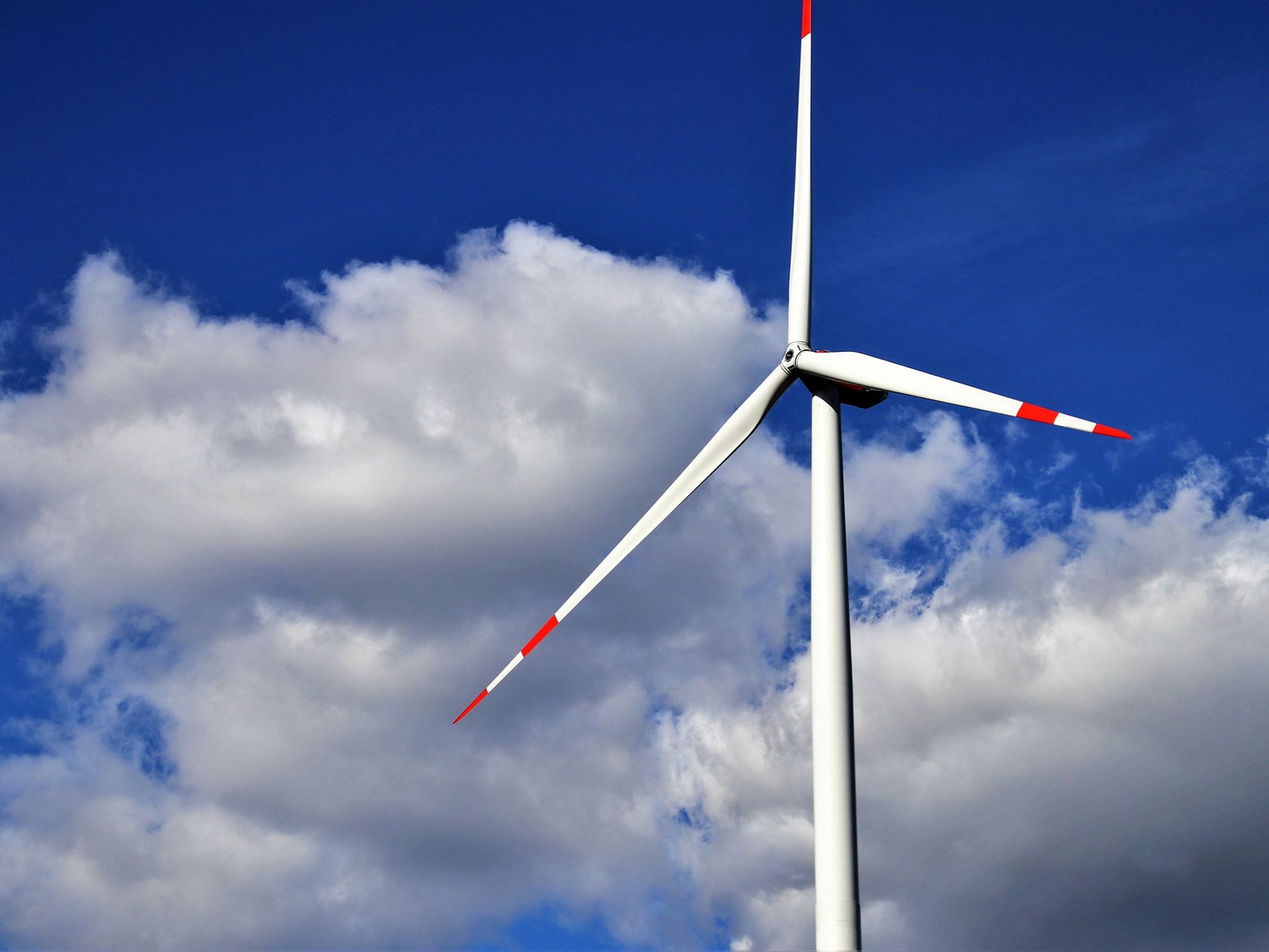Shareholders have almost doubled their money this year – and since the autumn of 2016 they have quadrupled their money.
Long-term owner
We have been owners in Bonheur for over ten years, as we have seen great underlying values in this conglomerate's many businesses. This is nothing new. Already in the first edition of the book "Aksjeskolen", from the 1990s, the company's chronically low valuation was commented on. Family-controlled conglomerates rarely achieve the highest multiples in the stock market. Turnover in such shares also often remains low, as they tend to attract long-term investors focusing on underlying assets.
Increased focus on ESG
Lately, however, the large "discount" in Bonheur has shrunk. Why? We believe some of the answer lies in investors' focus on ESG (the Environment, Social conditions and corporate Governance) – and especially the E. As for the G, some believe family-controlled Bonheur still has a way to go, and with regard to S, the company has no employees to consider. E isanother story.

Will not inject new capital into Dolphin Drilling
On January 25 this year, there came a stock market notification that Bonheur's subsidiary Dolphin Drilling would no longer be consolidated on a 100 per cent basis in the company's accounts, as it was not considered likely that Bonheur would inject new capital into the possibly bankrupt rig company. Bonheur rose 11% that very day. A month later, in Bonheur's investor presentation for the fourth quarter of 2018, the otherwise ever-present images of drilling rigs were removed. The only pictures left were of the three other most important business areas in the conglomerate: wind turbines, installation ships for wind turbines and cruise ships.
Capital in search of "E"
Despite the sharp rise in prices, we still see excess values in excess of the current share price. However, we do respect the fact that there may be other types of investors who are now driving the share price. The market for a share, like all other markets, are driven by supply and demand, and with a high proportion of long-term investors, the supply of shares is limited. Capital in search of "E", however, including speculative money trying trying to anticipate that same hunt, appears to be considerable and growing. If demand continues to drive up the price, we risk having to sell our shares in Bonheur.
Portfolio management team
The article is an excerpt from the June 2019 monthly report for Pareto Aksje Norge. Pareto Aksje Norge A had a return of 1.9% in June and 5.7% on average for the past 5 years as per 06/30/2019.
Historical returns are no guarantee for future returns. Future returns will depend, inter alia, on, market developments, the portfolio manager's skill, the fund's risk profile, as well as fees for subscription, management and redemption. Returns may become negative as a result of negative price developments.



